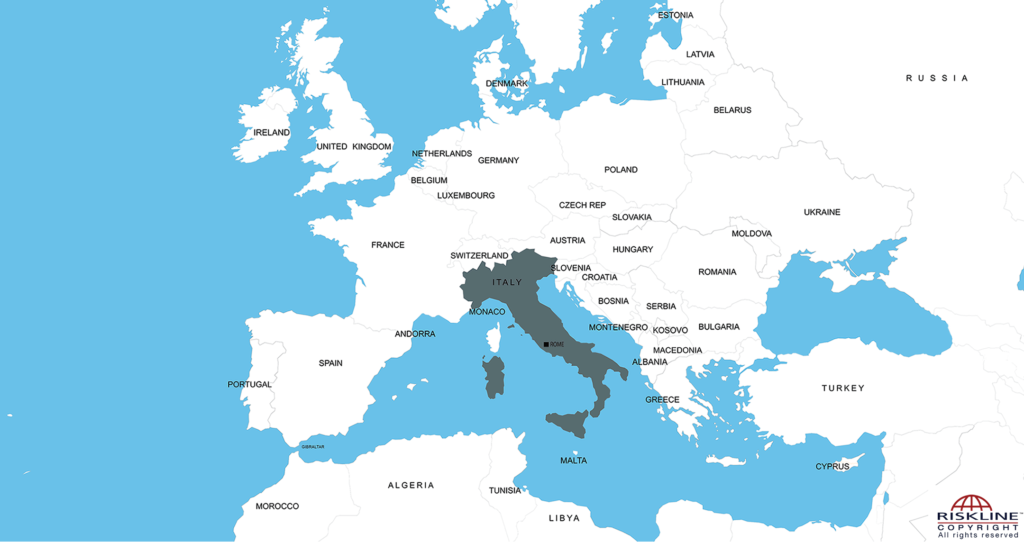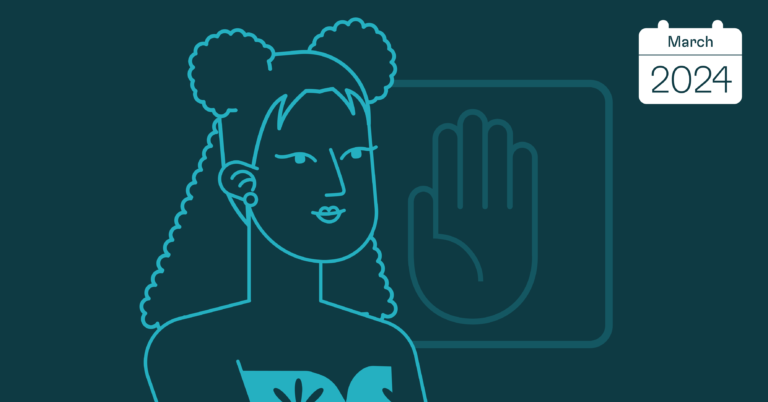On 4 March, Italy – a parliamentary republic and the Eurozone’s third largest economy – will have fresh parliamentary elections. Among over 20 political parties running for seats, the main contenders are the ruling and centrist Democratic Party (Partito Democratico, PD) of former prime minister Matteo Renzi, the right-wing Forza Italia (FI) of 81-year-old media tycoon Silvio Berlusconi and the anti-establishment Five Star Movement (Movimento Cinque Stelle, M5S) of 31-year-old Luigi Di Maio, which has a good chance of placing first. The latest polls from mid February forecast a very strong showing of the right-wing coalition led by FI and composed of the far-right Northern League (Lega Nord, LN) and other smaller right wing parties.
However, the opinion polls also show a very large percentage of uncertain voters, up to 30-35 percent. In this perspective, a victory of the Berlusconi led-coalition is by no means guaranteed, with investors and many observers fearing that no coalition will be able to gain enough seats to avoid another hung parliament, as happened in the 2013 general elections. While this would create uncertainty in the short term, the resilience of pro-European Union (EU) institutions – including the PD and FI parties – and a mostly proportional electoral law make it unlikely for inconclusive elections to become a catalyst for a new Eurozone crisis.
Under the current ‘Rosatellum bis’ electoral law, quickly approved in October 2017 by most parties except the M5S, 36 percent of seats are allocated via a first-past-the-post mechanism and 64 percent proportionally, resulting in a hybrid system that is expected to penalise the M5S for its inability to find coalition partners. On the other hand, larger parties like the PD and FI will be favoured due to both their political experience in forging sustainable coalitions and the possibility of being able to rely on MP candidates that are locally stronger and better placed to secure seats allocated with the first-past-the-post system. In this perspective, FI – despite an expected good showing as coalition leader, is polling only as the third most popular party, trailing M5S and PD – can benefit from a relatively strong pre-election coalition, which should also be boosted by the announced success of the populist LN, likely the fourth party with a minimum margin behind FI.
The PD, currently ruling and expected to place second a few percentage points behind the M5S, suffers from the widespread unpopularity of party secretary Renzi and many “defections” of top party leaders, including former secretary Pier Luigi Bersani, who abandoned the party to create other centre-left and leftist entities. The PD paid the price of important but often unpopular structural reforms promoted by Renzi, which included a simplification of employment and labour laws aimed at easing regulatory constraints for companies and a reformation of the public administration. To the eyes of the public, the PD also suffers from the perceived arrogance of Renzi, who became prime minister in February 2014 following a ‘party coup’ that saw Renzi being elected PD secretary despite parliamentary elections in February having been won by Bersani – who was eventually unable to create a majority in a hung parliament. Thus, lacking a direct mandate from a general election, Renzi has also come to be labelled ‘The Scrapper’, for his commitment to clear the country (but really, the PD party) of its decades-old political establishment, although this has left him with a large number of enemies within the party and without. This has contributed to a large hemorrhage of voters to the left of the PD, which weakens the possibility of the PD creating an alternative coalition.
Renzi’s popularity has not improved since he resigned in December 2016 following a major defeat in a referendum over a constitutional reform he had long backed. The resignation triggered the election as interim prime minister of Paolo Gentiloni, himself a PD member, and – almost as a paradox – the most appreciated political personality today according to polls. Despite difficulties, in his almost three years as prime minister Renzi has shown positive efforts towards a restoration of economic growth, a goal which became a reality during the government of Gentiloni. However, the efforts towards a clear reduction of public debt, with a debt-to-GDP ratio still standing at 133 percent in 2017, have been much weaker.
Renzi has also been penalised by external factors, the most important of which has been the mass arrival of migrants from the Middle East and North Africa since 2015, despite a fragile solution in 2017 by intense diplomatic work of Minister of Internal Affairs and PD member Marco Minniti with the United Nations (UN)-backed Government of National Accord in Libya – the main departure point of African migrants. The migrant emergency has boosted populist parties like the Eurosceptic M5S, which has launched a major campaign against non-governmental organisations active in the Mediterranean Sea for their alleged complicity with human traffickers, and the anti-EU and anti-migrants LN.
Despite the popularity of populist parties like the M5S and LN, their ability to forge a coalition should be limited by their extremist tones. While the pre-election alliance between Berlusconi and the LN is not a new element in Italian politics, it is only conceivable with FI at the top and with a strong margin over its more extremist coalition partner. It should also be taken into account that LN has greatly radicalised its views since the times when it was a federalist northern Italy-based movement. An unexpectedly strong performance of the LN with a weaker showing of Berlusconi’s FI would probably bring the bloc to a premature end. As for the M5S, after comedian-turned-politician Beppe Grillo, the founder of the movement, strongly ruled out a coalition with either the PD or Berlusconi after the 2013 elections, the new M5S leader Di Maio has announced that he will consider alliances. While officially all parties have refused to govern with the M5S, including the LN, Grillo has de facto abandoned the party leaving more space to newer leaders. At the same time, Di Maio and other M5S leaders have softened their tones against the EU and seemingly dropped their request of a referendum on Euro membership.
Eventually, Berlusconi’s center-right bloc could win a sustainable majority if the coalition gets enough support – combining the right amount of conservative votes and the more extremist populist ones – while a coalition of center-left parties led by PD remains unlikely. However, due to the large size of undecided voters, alternative coalitions also remain on the table. This would most likely be a rehash of a tactical coalition between the PD and the centre-right, a formula spearheaded by Renzi that proved successful in overcoming the stalemate of 2013. Conversely, a coalition centering around the M5S remains hard to achieve, although not impossible. It is also likely that Berlusconi, should he fall short of few seats, will try to lure lawmakers elected with other parties – for example the M5S – in a country where it is not uncommon for elected MPs to change sides.
Berlusconi heads the second largest pro-EU party in Italy and is affiliated to the European People’s Party, to whom the party of Germany’s Merkel is also member, making it unlikely that his party would accept to be part of a LN-led anti-EU coalition. It is worth to notice how Berlusconi, besides the old age, is also still banned from holding public office for six years following a conviction, although he appealed to European courts to overrule the sentence and a verdict is expected in the coming months. This has prompted him to indicate alternative names as designated PMs in case of victory, particularly current EU Parliament leader Antonio Tajani. A new crisis in the Eurozone triggered by Italian elections is thus unlikely for the ample possibilities offered for parties to forge post-election coalitions that are expected to remain close to the EU. But post-election coalition building will also be influenced by the result – also due to be announced on 4 March – of an internal poll among the voters of Germany’s centre-leftist SPD whether to accept a new Große Koalition with Merkel’s CDU/CSU bloc.















